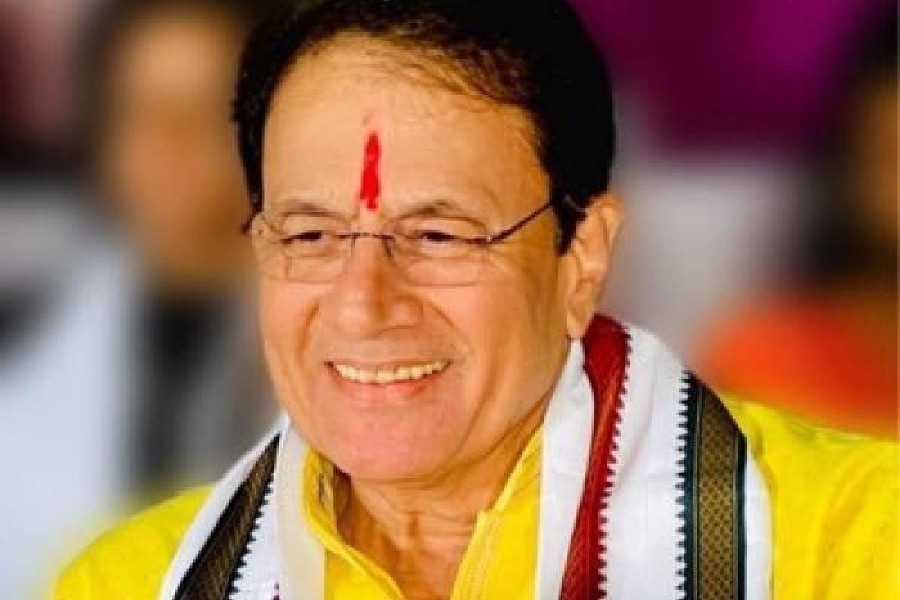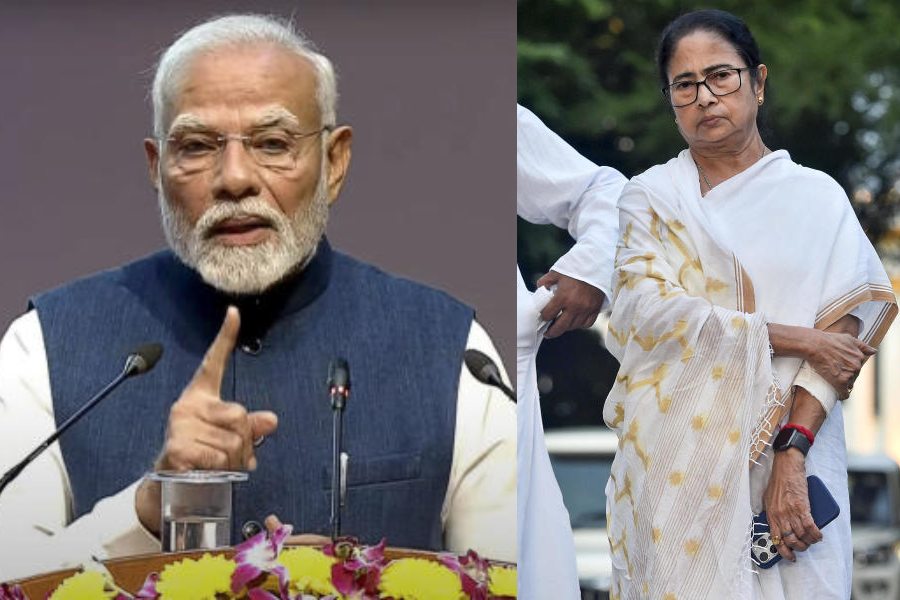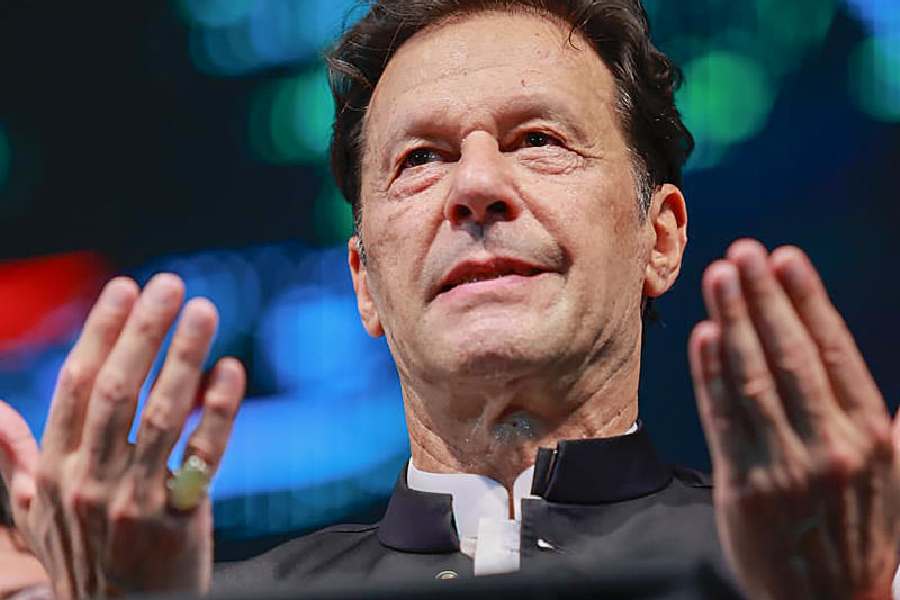In Minecraft, the immersive game owned by Microsoft, Russian players re-enacted the battle for Soledar, a city in Ukraine that Russian forces captured in January, posting a video of the game on their country’s most popular social media network, VKontakte.
A channel on World of Tanks, a multiplayer warfare game, commemorated the 78th anniversary of the defeat of Nazi Germany in May with a recreation of the Soviet Union’s parade of tanks in Moscow in 1945. On Roblox, the popular gaming platform, a user created an array of interior ministry forces in June to celebrate the national holiday, Russia Day.
These games and adjacent discussion sites like Discord and Steam are becoming online platforms for Russian agitprop, circulating to new, mostly younger audiences a torrent of propaganda that the Kremlin has used to try to justify the war in Ukraine.
In this virtual world, players have adopted the letter Z, a symbol of the Russian troops who invaded last year; embraced legally specious Russian territorial claims in Crimea and other places; and echoed President Vladimir V. Putin’s efforts to denigrate Ukrainians as Nazis and blame the West for the conflict.
“Glory to Russia,” declared a video tutorial on how to construct a flagpole with a Russian flag on Minecraft. It showed a Russian flag over a cityscape labelled Luhansk, one of the Ukrainian provinces that Russia has illegally annexed.
“The gaming world is really a platform that can impact public opinion, to reach an audience, especially young populations,” said Tanya Bekker, a researcher at ActiveFence, a cyber security company that identified several examples of Russian propaganda on Minecraft for The New York Times.
Microsoft’s president, Brad Smith, disclosed in April that the company’s security teams had identified recent Russian efforts “basically to penetrate some of these gaming communities”, citing examples in Minecraft and in Discord discussion groups. He said Microsoft had advised governments, which he did not name, about them, but he played down their significance.
“In truth, it’s not the No. 1 thing we should worry about,” Smith said at an economic conference in Washington organised by Semafor, the news site. “They’re going to publish information somewhere. You know, it just happens to be a good place for them to get the information into circulation.”
The head of Microsoft’s threat analysis team, Clint Watts, told researchers at New York University’s Stern School of Business that the Russian paramilitary force known as the Wagner Group promoted “malign narratives” on Discord and Steam to support the Kremlin’s views. It may have also sought to encourage enlistments when Russian combat casualties were taking an enormous toll.
“The propaganda mainly seeks to make Wagner and the Russian military look cool and menacing,” Watts told the researchers, who were examining extremism in video games. Microsoft declined to elaborate on its executives’ comments or to respond to questions about the Russian examples except to say in a statement that the company reviews content that violates its community standards.
Although some of the material reflects the views of ordinary Russians, other examples suggested government involvement. The Kremlin’s reach into video games shows how tenaciously Putin’s government has sought to bolster its political goals by using western social media and consumer products despite diplomatic and economic isolation. In June, celebrities, musicians and at least one Russian government official staged a concert on Minecraft celebrating Russia Day.
The official, Ekaterina Mizulina, is a member of the Civic Chamber, an advisory body, and the head of the Russian Internet Safety League. Her mother, Yelena, serves in the upper House of Parliament and has been a prominent ally of Putin’s, sponsoring conservative legislation targeting, among other things, homosexuality. Other memes appearing in games are sympathetic to the Wagner Group, which was led by Yevgeny V. Prigozhin until a mysterious military mutiny unravelled last month. Prigozhin, once a close ally of Putin’s, is a veteran of information operations, having founded the Internet Research Agency, the St. Petersburg company that interfered in the American presidential election in 2016.
This month, Putin underscored the Kremlin’s interest in the gaming industry as a potential tool for the government to instill values. He called it “a colossal business” in remarks to a civic organisation he founded in 2018 to focus on youth social and economic issues. One in four Russians plays games online, according to a deputy Prime Minister who spoke at the same meeting. Putin said games “should be at the intersection of art and education”.
“A game should help a person develop, help him find himself, should help educate a person both within the framework of universal human values and within the framework of patriotism,” Putin said in remarks in the Kremlin. Molfar’s researchers identified more than a dozen instances of pro-Kremlin propaganda in Minecraft, Roblox, World of Tanks, World of Warships, Fly Corp, Armored Warfare and War Thunder.
Almost all extolled the Soviet victory over Nazi Germany, a theme Putin and his advisers have used to build support for today’s war. Some of it had explicit links to political parties or government agencies. It is not clear what steps, if any, Microsoft or other companies have taken to block Russian efforts.
New York Times News Service










